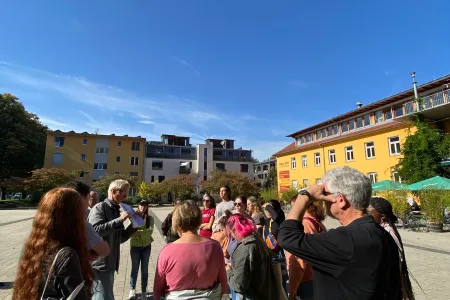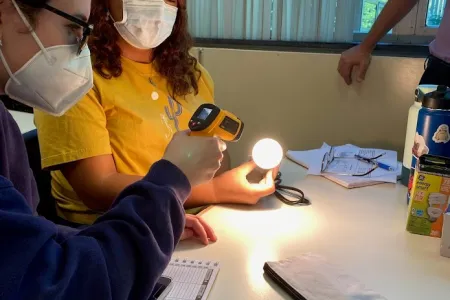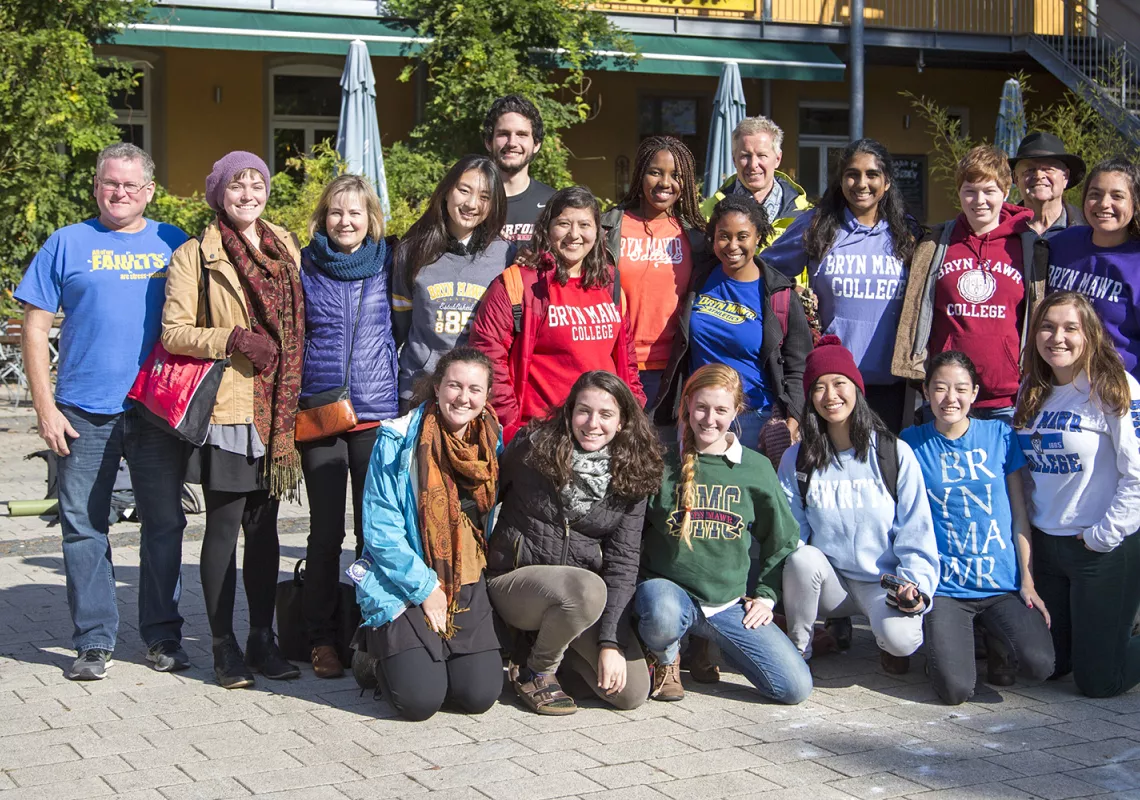
360°: Climate Change
This cluster integrates literary, scientific, and policy perspectives to highlight both the complexity of climate change and the many innovative ideas being developed to address it worldwide.
This cluster integrates literary, scientific, and policy perspectives to highlight both the complexity of climate change and the many innovative ideas being developed to address it worldwide.
Climate change is one of the most pressing issues of our time. This 360° cluster integrates literary, scientific, and policy perspectives to highlight both the complexity of the issue and the many innovative ideas that are being developed to address it worldwide. We explore how fictional and creative depictions of nature and encounters with the environment reflect and sometimes promote social, cultural, and political transformations. We examine how the advent of human-induced climate change has prompted new ways of thinking about quality of life, new technological approaches to energy supply, and new political solutions to problems of resource exploitation and environmental justice. The cluster will include local field trips to Philadelphia and a 10-day research trip to Germany, which has become a world leader in the transition to renewable energy. We will visit Freiburg, Germany's "green city", and the surrounding "solar region" of the Black Forest. We will compare how issues related to energy, housing, transit, food, and more are addressed in the two locations, emphasizing citizen-led sustainability initiatives.
Courses
Germany is recognized as a world leader in innovative sustainability practices and has long been a site of social and political organization around the environment. This course, taught by Margaret Strair, will explore encounters with and in the natural world in German literature, film, and the visual arts as reflections of or agents of social, political, and technological change. While these encounters are rooted in the philosophical divide between self and world, they embody questions of gender, urbanism, preservation, alienation, marginalization, and “homeland” in ways that galvanize political and social movements locally and nationally, real and imagined. The course is centered on different loci of encounters with the environment, including forests of fairy tales, coastlines and rivers, mountains, mines, agricultural and industrialized urban spaces. It will also consider the human-made environment, waste, and energy sources as places of encounter and transformation.
Students will learn to use mathematics and mathematical modeling to analyze problems involving sustainability. The course will explore the way energy is used in society (transportation, housing, agriculture) and the potential for renewable energy (solar, wind) to meet society’s needs. We will examine the carbon footprint associated with fossil fuel use and ways, either through conservation or new technologies, to reduce this footprint. In our field trips to Philadelphia and our travels to Freiburg, we will use math to analyze what we are seeing. Taught by Victor Donnay.
Climate change is one of the most challenging political, economic, and scientific problems ever faced by humankind. This course, taught by Carol Hager, will introduce students to the major political issues raised by climate change locally, nationally, and internationally, paying particular attention to the global implications of actions at the national and subnational levels. It will focus not only on specific problems, but also on solutions; students will learn about some of the technological and policy innovations that are being developed worldwide in response to the challenges of climate change.

What does a field study look like?
Read more about this 360 cluster's field study work in Freiburg, Germany through the years.
360 Publication
This article is co-authored by Professor of Environmental Studies and Political Science Carol Hager and Nicole Hamagami '16, a biology major at Bryn Mawr who is now pursuing an M.D./Ph.D. at Washington University in St. Louis.

How does a cluster's work make a difference in the community?
Check out some projects that this 360 cluster's students have seeded.
Previous Courses
Between 2015 and 2022, this cluster was titled "Climate Change: Science and Politics". When taught in 2015 and 2017, this cluster included a Geology course. In 2015, 2017, 2020, and 2022, the cluster also featured a Philosophy course.
This course, taught by Don Barber, examines the fundamental science governing the supply of energy required by human society. Central concepts include the stability (and variability) of Earth's climate, the carbon cycle, and other environmental impacts of energy production. Throughout the semester, we address the following questions: What resources supply most of the world’s energy today? How has our reliance during recent centuries on hydrocarbon-based "fossil" fuels altered the global environment? What alternative (non-carbon-based) energy resources exist? What opportunities and challenges are associated with switching to renewable and sustainable sources of energy? What does sustainable mean? Might we use less energy but maintain (or improve) living standards?
Taught by Robert Dostal, this course attempts to come to an understanding of what science and technology are, their relation to each other, and to every day life. We try to clarify the issues relevant to these questions by looking at the contemporary debates concerning climate change. Using contemporary work in the philosophy of science, political science, and ethics, we will look at the pairing of science with democracy in the Enlightenment project, and consider the debates concerning climate change as exemplary of the conjunction of science, technology and the good life.


